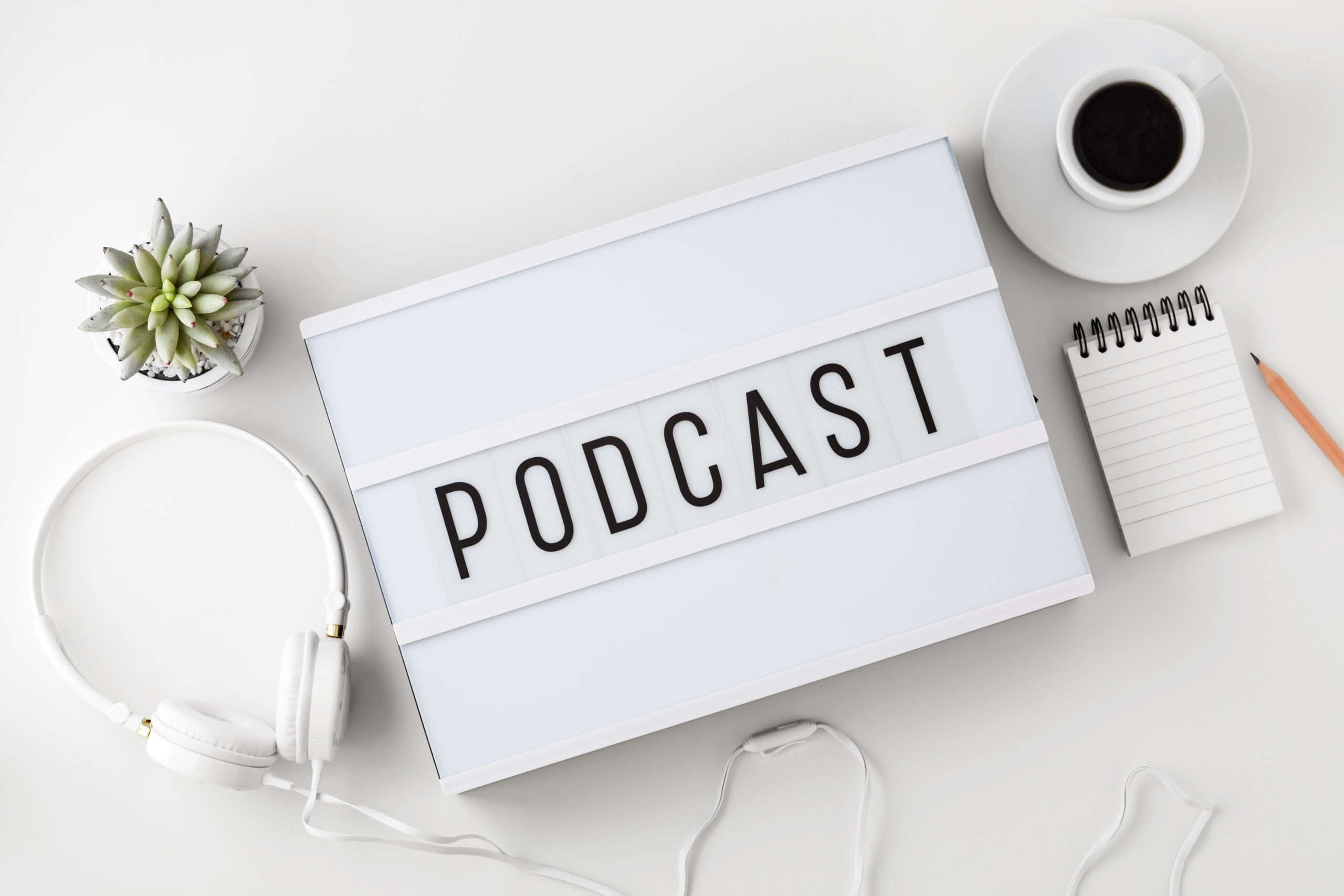Insomnia and Lyme disease can go hand in hand. Why? The main reason is that Lyme causes neurotransmitter imbalances that create symptoms of insomnia. I have struggled with insomnia for years now. At first, I thought it was because I had young children who woke up at night so my GP prescribed Ambien. It worked! But, as time went on, I questioned the chemical route because it often left me groggy. Then I either got Lyme or it was triggered, but whatever the case my insomnia went off the charts.
I have gone over two weeks with no more than three hours of sleep per night. When I’m having a Lyme flare-up with all-over nerve body pain, I reluctantly turn to Gabapentin to rest my central nervous system and it gets me through the night. As soon as I wake up, I have coffee or tea to keep my days and nights from getting confused. When I feel my symptoms subsiding, I gradually go off the Gabapentin and caffeine and get it under control on my own.
My usual routine is to fall asleep by 10 or 11 pm and wide awake at 2 am. Sometimes I fall back to sleep at 5 am, and then the alarm goes off at 6:45 (just as I get into REM sleep mode). Sometimes I’m up for the day at 2. I cannot tell you how many mornings I almost start to cry at just the thought of how my body needs heavy doses of sleep and yet it won’t allow that to happen. It’s a struggle to peel the covers off and somehow take those first steps to start the day.
Here is what has helped me along with some additional tips from Pro Health:
my strategy for insomnia :
- I try not to look at the clock. Psychologically, it just turns on the brain.
- I read from my Kindle to reduce the backlight for soothing reading. It usually takes a few attempts, but eventually, my brain starts to turn off.
- I use a foam roller before bed to relax the fascia muscles in my back, neck, and glutes.
- I wear a sleep mask (the kind that has little “pockets” for the eyelids).
- I practice deep, slow breathing as I try to drift back to sleep.
- If I’m getting into a really bad cycle of not sleeping for days, I will add a sleep aid. I like to take a little melatonin before bed if I suspect that it will be tough to fall asleep.
- My hormones are not off-balance. But this could be a huge trigger for insomnia, so I would recommend getting them checked through a blood test by your doctor.
- Eat a clean protein snack before bed. A little simply grilled chicken or tofu is one of my favorites.
- Check your Amino Acid levels…WITH a doctor. Don’t try to use supplements on your own. They won’t work because they need to work with specific nutrients like Magnesium, Vitamin C and P5P. SAM-e, Methyl B-12 and Methyl-folate can also help, but again, get these levels tested with your doctor. You probably don’t need all of them.
- Other helpers include curcumin, turmeric, and low-doses of aspirin.
- Turn OFF your phone and leave it in the bathroom. Learn to say “Yes, I can!” to this one.
- If you have mold allergies or mast-cell activation, you may try Benadryl or Ketotifen at night. It will kill two birds with one stone.
- Neurofeedback and Sound-Light machines are helpful for insomnia.
- CBD with or without THC. (Low dose THC/CBD combo for more severe cases recommended. (5 mg per capsule with low dose THC added).










